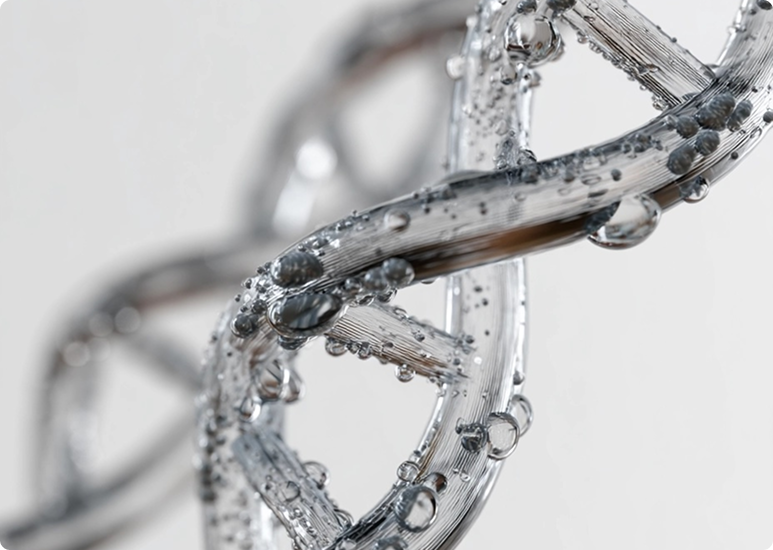
EpiNutriGeneticsTM is a scientific platform that translates nutrition and epigenetics into targeted gene modulation for healthy aging.
By leveraging targeted nutrition, it helps regulate gene expression to support cellular health and promote healthy aging.

While your DNA sequence stays the same, diet can influence how genes are expressed through epigenetic mechanisms like DNA methylation and histone acetylation. This turns genes “on” or “off,” affecting how your body handles aging, inflammation, and stress.
Example: Polyphenol-rich foods like blueberries may help activate antioxidant genes and reduce age-related inflammation.

NAD⁺ is an important coenzyme that fuels mitochondrial energy production and supports DNA repair. However, levels of NAD⁺ naturally decline with age—dropping by up to 50% from our 20s to 80s.
This decline contributes to slower recovery, increased fatigue, and reduced cellular vitality. Fortunately, clinical research shows that NAD⁺ can be effectively restored:

A study in Scientific Reports showed that 300 mg of nicotinamide riboside (NR) daily for 8 weeks boosted NAD⁺ levels by 40–60% in overweight adults.
A 2024 study in NPJ Aging found that 4 weeks of Nuchido TIME+® raised whole blood NAD⁺ by 26.5% on average, with some individuals reaching up to 105%.
Transitioning to EpiNutriGenetics: NAD⁺ modulation is central to this framework—bridging nutrition, mitochondrial renewal, repair capacity, and healthy aging science.
Polyphenols such as proanthocyanidins, pterostilbene, and lycopene help activate antioxidant enzymes (SOD, CAT), increasing the body’s ability to defend against oxidative stress and DNA damage.
By boosting antioxidant defenses, they support mitochondrial health, enhance cellular resilience, and help maintain genomic stability.
This aligns with the EpiNutriGeneticsTM framework of using targeted nutrients to protect cells and promote long-term genetic health.



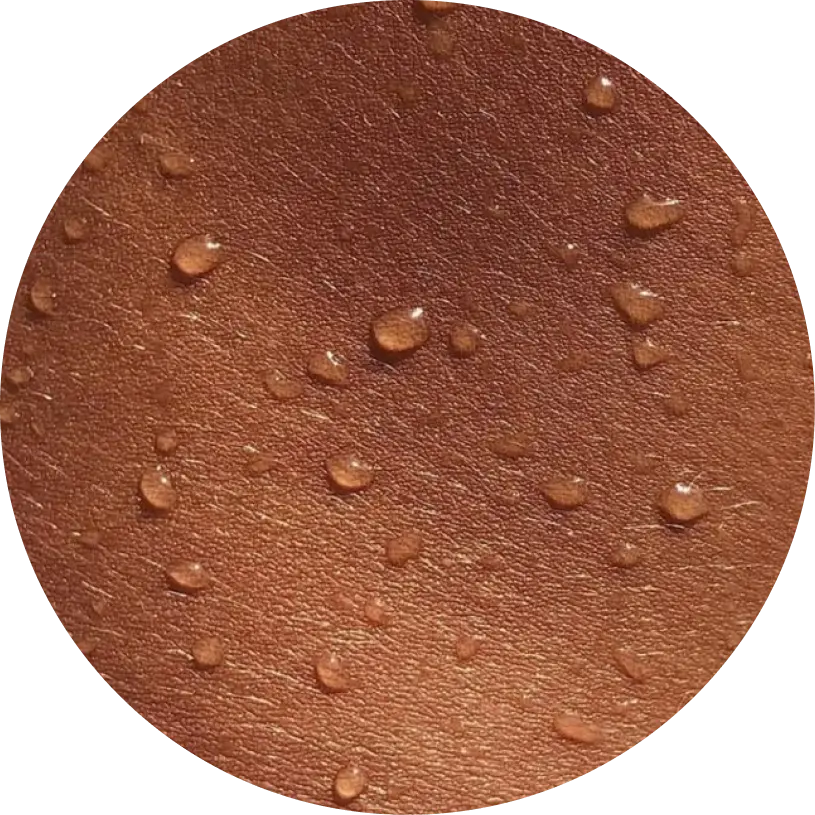
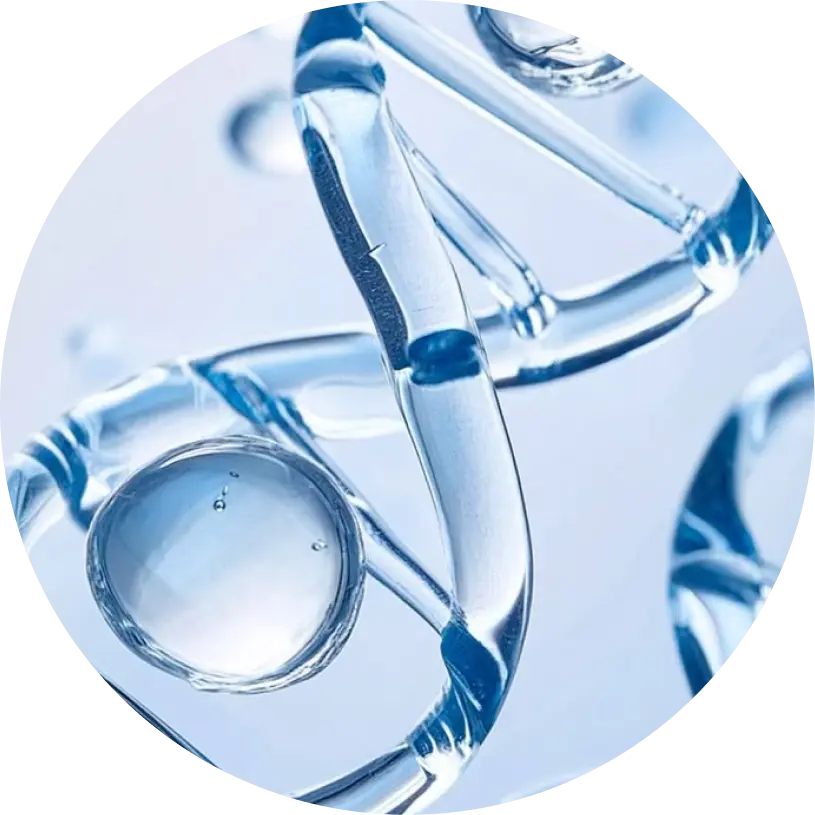
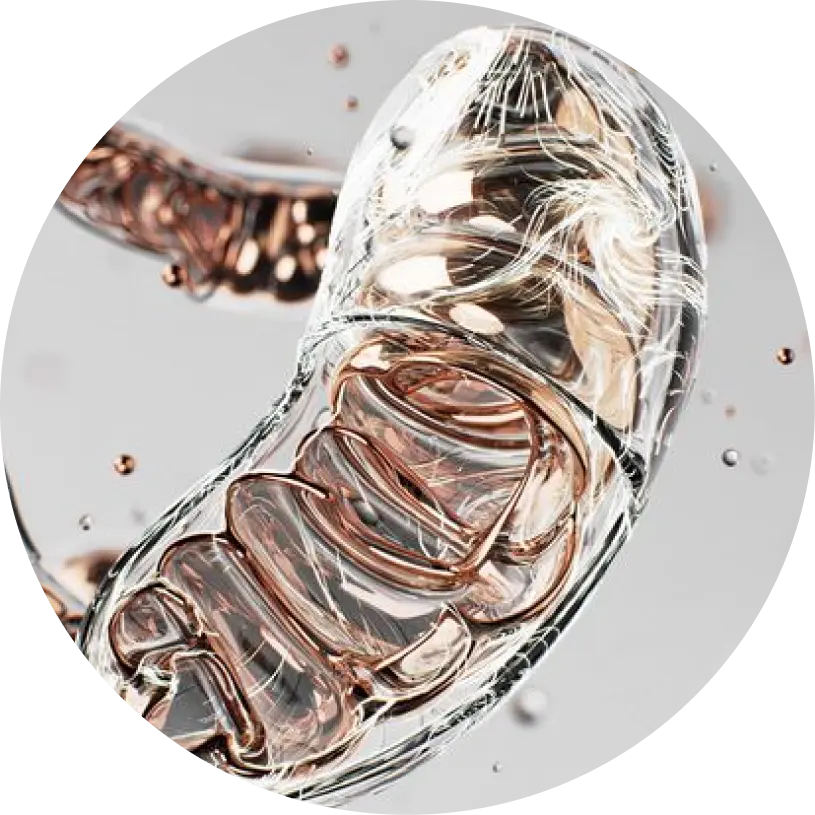
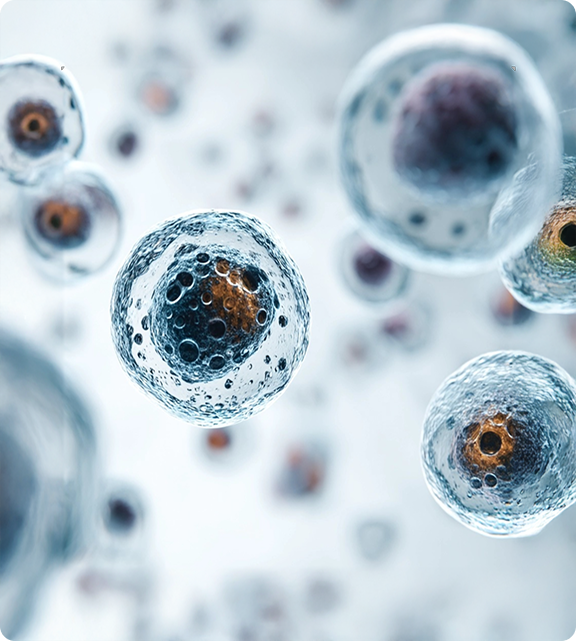

EpiNutriGeneticsTM guides ingredient selection based on epigenetic influences—prioritizing ingredients such as natural nucleosides (NR), proanthocyanidins, and polyphenols that have been shown to modulate gene expression.
Each formula is rigorously validated in cell studies, animal models, and human clinical trials to ensure bioavailability and safety.
Example: NR (nicotinamide riboside) was selected for its clinically proven ability to boost NAD⁺ and modulate aging-related pathways at the epigenetic level.















